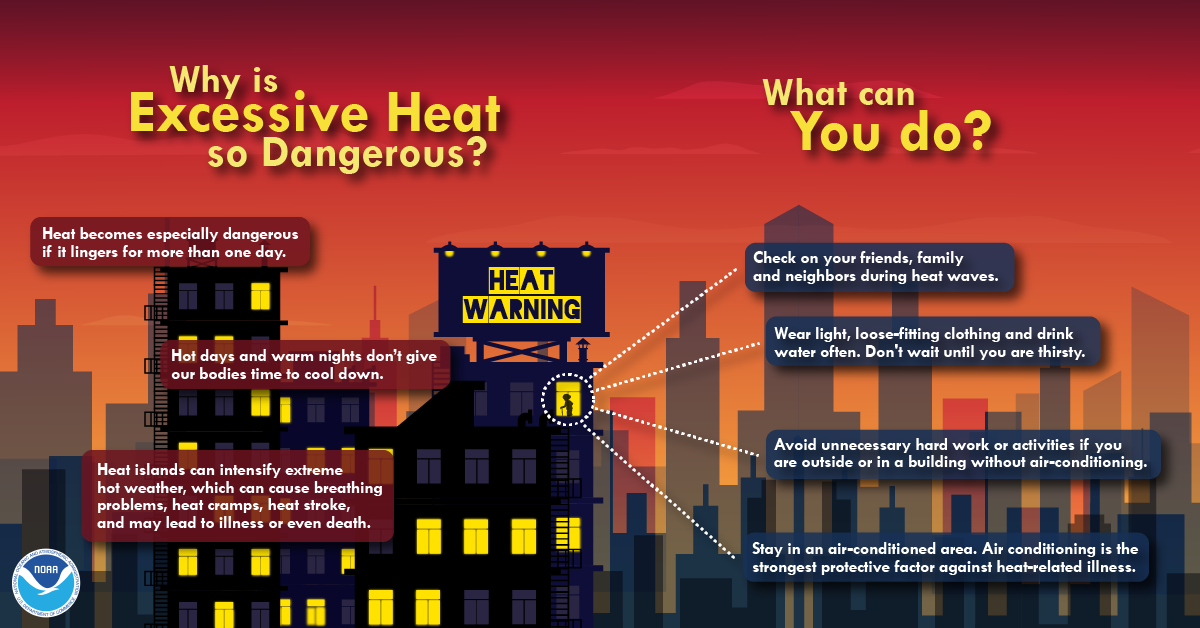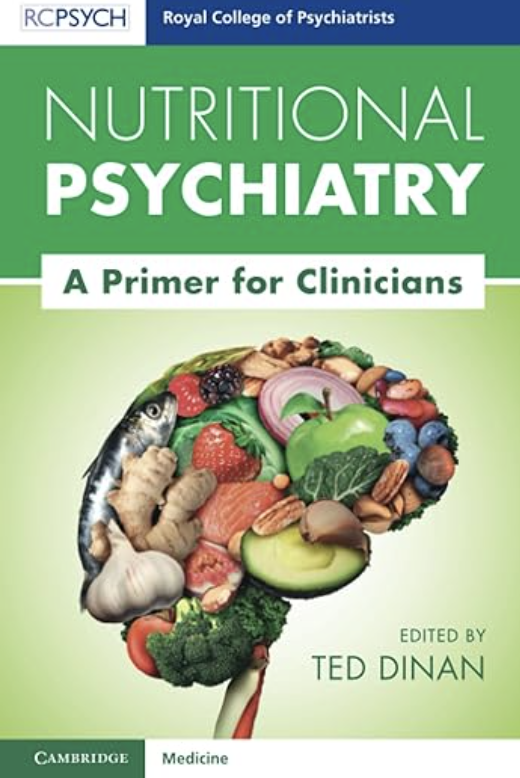 As winter settles in, there is an accompanying rise in the prevalence of Seasonal Affective Disorder (SAD), a form of depression that occurs typically during the late fall and winter months. When daylight hours shorten in the winter, disruptions to our internal clocks occur, impacting the production of mood-regulating neurotransmitters like serotonin. Substantial research and clinical experience point to bright light therapy as an effective non-invasive treatment for seasonal depression. Light therapy, also known as phototherapy, involves exposure to a bright light that mimics natural sunlight. The science behind this therapy is rooted in its ability to regulate circadian rhythms and influence neurotransmitter levels. Research has shown that just 20 to 30 minutes of daily exposure to bright light (10,000 lux) can lead to notable improvements in mood, energy levels, and sleep patterns. This makes light therapy a valuable option for those seeking relief from the winter blues. A large number of light boxes are available on the market, but it can be difficult to know which of those meet the specifications researched for effective treatment of seasonal depression. Light boxes aren't regulated by the Food and Drug Administration (FDA) for SAD treatment, so it's important to understand your options. The Yale School of Medicine provides helpful information and links to specific light boxes that have been demonstrated to be effective. Consistency is essential for maximizing the benefits of light therapy. Whether using it while enjoying a morning coffee, catching up on emails, or reading, integrating light therapy into these activities can make it a seamless part of your daily life.
Consult with a healthcare professional to determine if you are a good candidate for light therapy, obtain any individualized recommendations, and discuss any pre-existing eye conditions or medications that may be affected by light exposure. Note that light therapy is not recommended for patients with retinal diseases including macular degeneration, or diseases such as diabetes which may be associated with retinal disease. Light treatment must be monitored with particular caution in individuals with bipolar disorders. It is recommended that light therapy be done under the supervision of a clinician qualified to treat mood disorders. Additional research and information on light therapy can be found by following the links below: Mayo Clinic Harvard School of Public Health National Institutes of Health Yale School of Medicine Dallas is currently in the midst of another triple digit heatwave that, despite the no-doubt immanent arrival of pumpkin-spice season, shows no signs of letting up soon. While there are regular reminders in the news to guard against heat stroke and the physical effects of heat, it is also important to know that extreme heat can negatively impact our mental health as well. A recent meta-analysis published in The Lancet found positive associations between temperature and suicide rates, hospital admissions for mental illness, and community mental health outcomes. Aggression, domestic violence, and substance use can also increase during periods of extreme heat. Certain groups are more vulnerable to the mental health impacts of extreme heat. People with pre-existing mental health conditions, dementia, or those taking certain medications (more on that below) might be at higher risk. Socioeconomic factors, such as poverty and substance use disorders, also substantially contribute to vulnerability. Certain classes of medication used to manage physical health conditions can make it harder for your body to handle extreme heat. These include medications to treat heart conditions, blood pressure, diuretics, anticholinergics (such as those prescribed for Parkinson’s and overactive bladder), antihistamines, and decongestants.
Similarly, some medications used to manage mental health conditions can impact the body's ability to stay hydrated, regulate temperature, and respond to heat. These include central nervous system stimulants prescribed for ADD/ADHD, medications to treat depression and anxiety (SSRIs, SNRIs, and tricyclic antidepressants), as well as some medications prescribed for schizophrenia and bipolar disorders. These medications can be life-saving and have profound benefits for quality of life, so it is important for healthcare providers and patients to work together to manage medications effectively, especially during heatwaves or other extreme weather events. As we collectively navigate the extreme heat of the next several weeks, you can prioritize your physical and mental health by staying well-hydrated, taking precautions against becoming overheated, and checking on vulnerable family members, friends, and neighbors. If you'd like to learn more about the Lancet study, Dr. Robert Bright, a psychiatrist with the Mayo Clinic, talks more about that research and the effects of heat on mental health here. |
About the AuthorClinical psychologist Dr. Kristy Novinski contributes insights, book and film reviews, discussions of pop culture, and exploration of news and research in the field of psychology. What I'm Reading
Categories
All
|
Las Colinas Psychological Services, PLLC |
© 2023 Las Colinas Psychological Services, PLLC. All rights reserved.
|



 RSS Feed
RSS Feed

